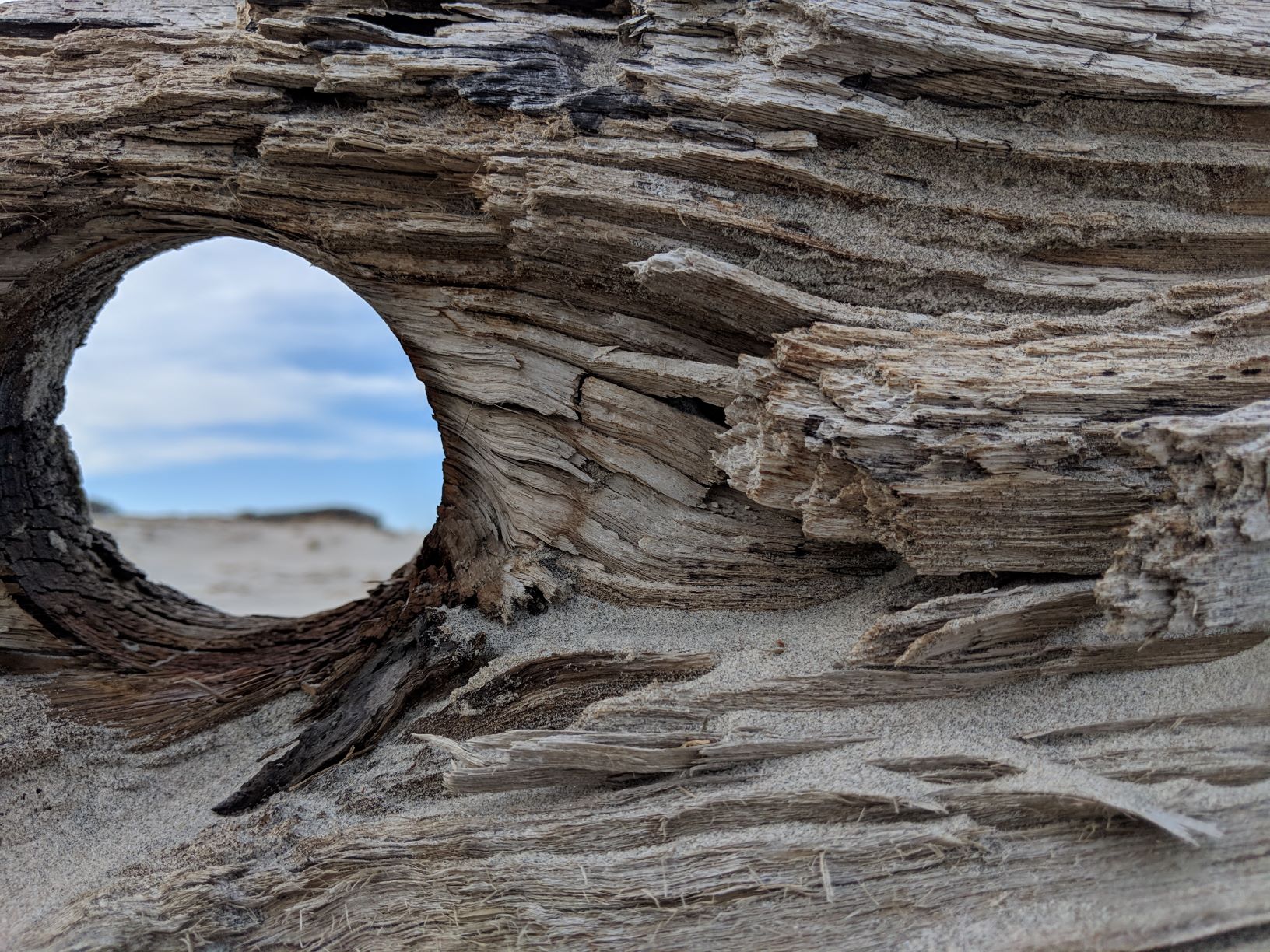Three tiny twigs were stuck into the ground a few years ago, promising blueberries for a child before we knew they would not make it past their early womb.

The tiny twigs sprouted leaves and small branches, but were devastated by the bunnies. We built a small fence, hope over experience.
The twigs turned into bushes, and the child’s sibling was born three years ago. Birds got the few blueberries that dotted the branches the past couple of years while we waited for her to grow big enough to enjoy her blueberry patch.
Teeth and legs grew, and now our grand baby was ready to harvest “her” blueberry bushes, one she believes she planted, and who am I to doubt her?
When the berries were still green, we covered the plants with bird netting. She waited and waited and waited, and this weekend the blueberries were ready.
Together we removed the netting, and I picked her up over the now battered rabbit fencing, and she lit up as she picked blueberry after blueberry after blueberry, most destined for her belly, a few given to me.
And yesterday she invented the blueberry game.




